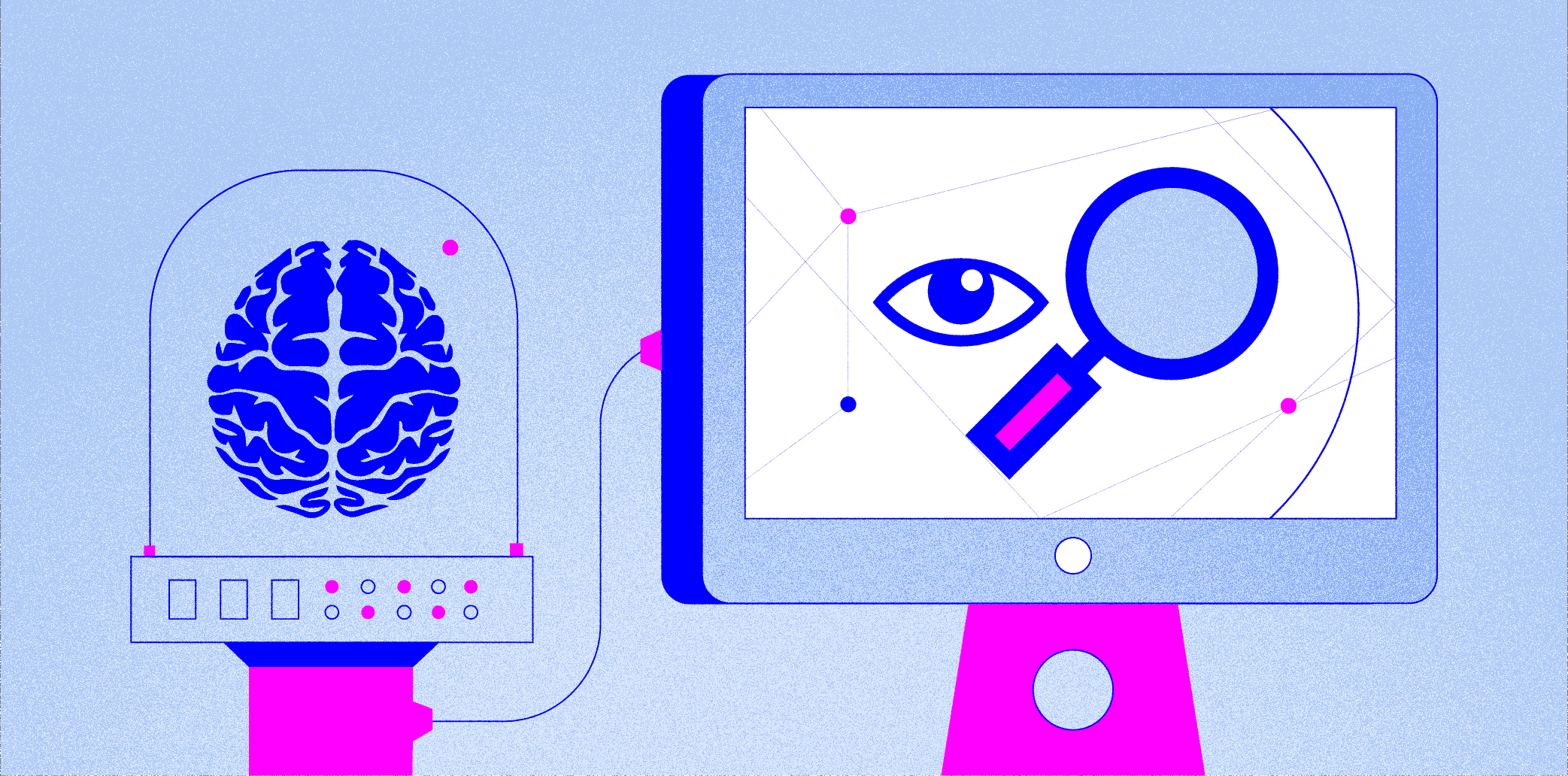SoftBank Group will offer a customer forecasting service for retailers costing as little as USD 40 a month, looking to make big data analysis more accessible to small Japanese businesses that have been unable to afford the technology.
The Japanese tech company will start marketing its Sakimiru service to a broader base of corporate clients, including small and midsize enterprises, as early as this fiscal year. The system, whose name means “see the future,” was rolled out to a few larger companies in January.
The service leverages information on foot traffic flows based on location data from roughly 30 million mobile devices connected to SoftBank base stations. This is combined with two-week weather forecasts from the Japan Weather Association, looking at factors such as temperature and wind to predict how foot traffic will flow around stores.
Businesses can input past customer traffic and sales data at individual stores, which the technology correlates with the other information through artificial intelligence to predict how many shoppers are likely to visit. It also lets users analyze customer data by factors including gender, age and whether they are locals or outside visitors.
Prices will start at JPY 5,390 (USD 41) a month. More advanced functions, such as product-level demand projections and automated stocking, will be available for an additional fee.
In a trial at a drug store chain in March 2021, Sakimiru predictions differed from actual customer traffic figures by about 7% on average.
Detailed traffic forecasts can help retailers avoid the perennial problem of overstocking or running short of items. The Sakimiru test reduced losses from wasted products by 3% and lost sales due to lack of inventory by 15%. The service can also calculate how many employees a store is likely to need at a given time and automatically schedule shifts, helping to control labor costs.
Such analyses have been available to big retail chains with large networks of point-of-sale systems, but the technology has been slower to spread among smaller enterprises. Services that use statistics on local foot traffic flows tend to be too expensive for these businesses.
NTT Data’s demand forecasting service, which incorporates traffic flow data from the NTT Docomo mobile network, reportedly costs at least JPY 5 million a year, or over USD 38,000. KDDI charges JPY 2.4 million a year for detailed visitor information that can be broken down by demographics.
Startups involved in AI data analysis offer similar services at a lower price, often around JPY 10,000 to JPY 20,000 a month. But these are typically based on weather data and past customer figures, and often do not factor in local foot traffic flows.
SoftBank has reduced costs by automating analysis previously handled by data scientists. It has also developed a versatile proprietary algorithm to predict demand for businesses like retailers and restaurants, cutting down on the time and effort needed to customize services for specific industries.
The company has played a central role in bringing down prices in other areas in the past, including internet service and wireless rates. It is taking a similar approach here, looking to take the lead in big data analysis through affordability. SoftBank says it will partner with other businesses to incorporate more data into the service.
Prices for e-commerce services have been falling thanks to companies like Canada-based Shopify and Japan’s Base. SoftBank group company Line plans to launch an e-commerce website platform soon that will charge a 2.5% transaction fee on sales but will have no upfront or monthly fees.
Meanwhile, small and midsized retailers have lagged in using digital tools for brick-and-mortar stores. Smartphone payment terminals are steadily being adopted, but digital marketing is largely limited to developing online sales channels or engaging in internet advertising.
There were roughly 990,000 physical retail outlets in Japan in 2016, according to data from the Ministry of Economy, Trade, and Industry. Among the total number of retail businesses, 82% hire five or fewer employees. In other words, there is a large potential market for digital support targeting small businesses.
Japan’s market for big data analytics grew 7% in 2020 to JPY 333.7 billion, according to research firm IDC Japan. The market is expected to stage double digit growth in the following years due to the shift to digital. SoftBank’s entry could lead to more affordable analytic services.
This article first appeared on Nikkei Asia. It has been republished here as part of 36Kr’s ongoing partnership with Nikkei.





